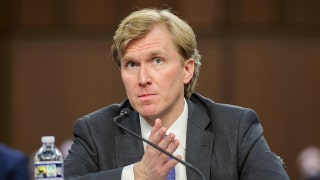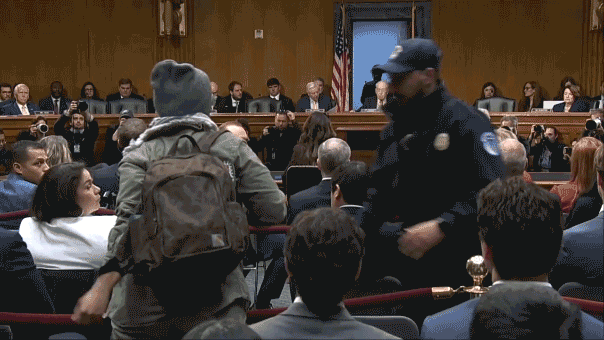Several European nations are bankrolling Al Qaeda by paying the terror group millions of dollars in ransoms over the past several years to free kidnapped citizens, the New York Times reported Tuesday.
The governments, which include France, Switzerland, Austria, Italy and Germany, all denied paying the ransoms to the terror organization to the Times. However, documents obtained by the Times show that Al Qaeda has earned $125 million from ransoms since 2008, a revenue source that counterterrorism officials say funds most of the group’s recruitment, training activities, and weapons.
The United States Treasury Department has cited in documents from the same period that the group earned at least $165 million from ransoms. The revenue stream has become so significant, according to the Times, that Al Qaeda’s central command in Pakistan oversees negotiations a continent away, and the group has developed standardized strategies and protocol for kidnappings.
“Kidnapping hostages is an easy spoil,” a leader of Al Qaeda in the Arabian Peninsula recently wrote according to the Times, “which I may describe as a profitable trade and a precious treasure.”
The governments reportedly send the funds through proxy networks and sometimes disguise it as aid. According to the Times the U.S. and Britain do not pay ransoms, along with a few other countries.
However, this can have deadly consequences for American and British citizens, few of whom have escaped captivity alive. In contrast, the majority of citizens of the countries who pay ransoms are released unharmed.
In one instance, the Times reported a 61-year old British man Edwin Dyer was kidnapped and executed by Al Qaeda’s North African affiliate after the British government made it clear it would not pay a ransom. Swiss and German captives who were held with Dyer were released after a ransom was paid.
Vicki Huddleston, the former United States deputy assistant secretary of defense for African affairs, told the Times that the European countries “have a lot to answer for” for their policy regarding ransoms, saying it is putting citizens of other countries at risk.
“It’s a completely two-faced policy,” she said. “They pay ransoms, and then deny any was paid. The danger of this is not just that it grows the terrorist movement, but it makes all of our citizens vulnerable.”
However, one European diplomat told the Times that though the decision to pay ransoms is “difficult” for his country “in the end we are talking about human life.”
“The Americans told us over and over not to pay a ransom,” he said. “And we said to them, ‘We don’t want to pay. But we can’t lose our people.”












































